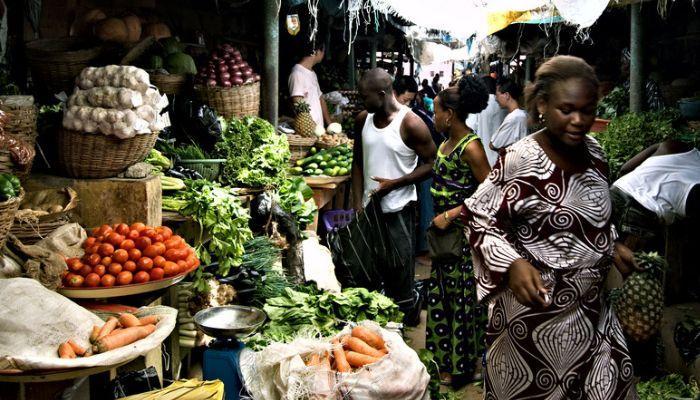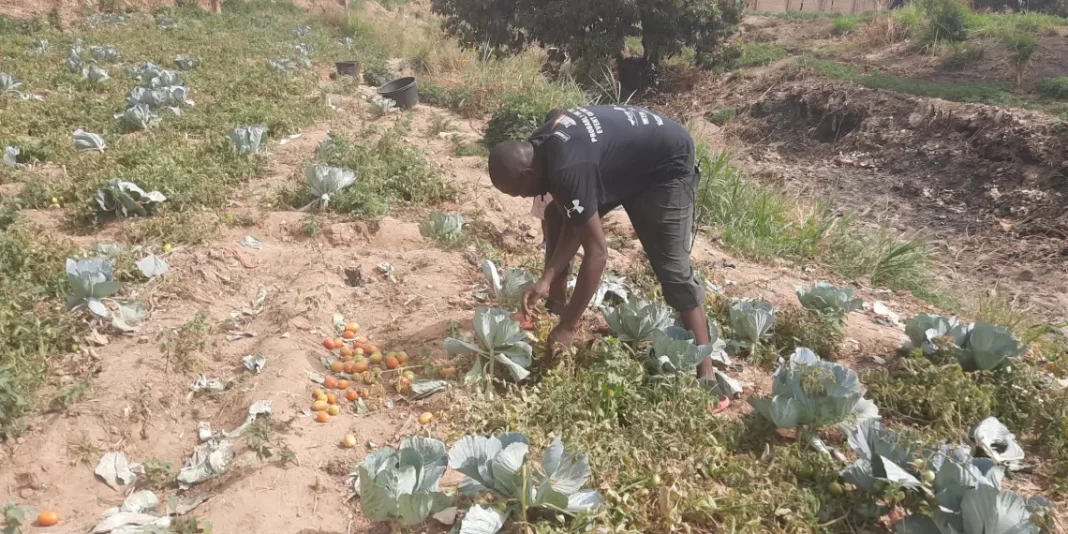By Milcah Tanimu
Nigeria’s persistently high trade costs have once again come under scrutiny, highlighted by a recent report from a global lender. The survey revealed that trade costs in Nigeria are four to five times higher than those in the United States, primarily attributed to steep transportation costs, inadequate road infrastructure, and insecurity. Addressing these challenges requires urgent and concerted efforts from President Bola Tinubu, his economic team, and security chiefs.
Inherited challenges, such as insecurity, have significantly contributed to the country’s trade costs. Years of Islamic terrorism, banditry, and attacks by Fulani herdsmen have forced farmers to abandon their farmlands, exacerbating food insecurity and driving up food prices. Moreover, Nigeria’s infrastructure deficit, estimated at $100 billion annually over 30 years, further compounds these challenges.
However, the current administration has also implemented policies that have worsened the situation. Removal of petrol subsidies and the floating of the naira have led to soaring business costs, prices, and inflation. The recent cancellation of subsidies for electricity consumers has further escalated production costs for both local and imported goods.
Additionally, Nigeria’s railway system remains inadequate, largely due to centralized control and political constraints. This lack of alternative transportation options further strains trade logistics.
Furthermore, factors such as exorbitant lending rates, multiple taxation, delayed port operations, and government control of state-owned enterprises contribute to the high trade costs. Delays at seaports, coupled with informal levies imposed by non-state actors, further inflate costs for importers.
To address these challenges, President Tinubu must prioritize streamlining taxation processes, privatizing state-owned enterprises, rebuilding infrastructure, and improving electricity supply. Moreover, collaboration with sub-national governments for state police and decentralization of the railway system to allow private sector involvement are crucial steps toward reducing trade costs.
In conclusion, concerted efforts and decisive actions are needed to tackle Nigeria’s high trade costs and create a more conducive environment for economic growth and development.





